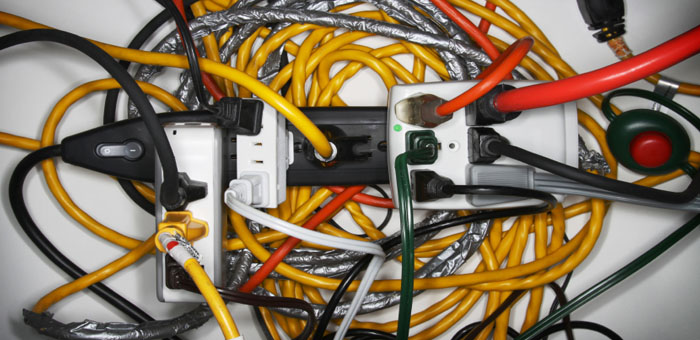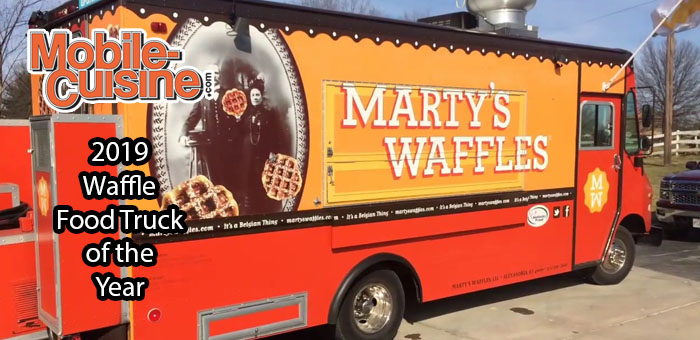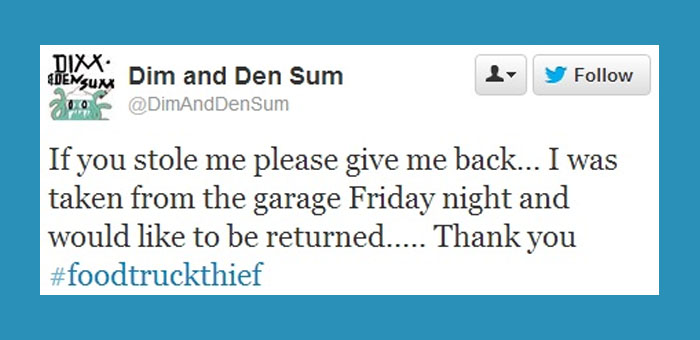The last thing that a food truck vendor wants is to have an electrical, smoke, or fire damage issue in their truck. Today we’ll discuss common electrical hazards that food truck operators can avoid.
Anyone who has dealt with electrical problems can tell you that it’s a costly setback that keeps your business off the road. Not only will there be high costs to properly clean and repair the truck, but the employees of the food truck may also be at risk when working in these environments. Make sure that your food truck staff is working in a safe environment.
How To Protect Your Food Truck From Electrical Hazards
There are three areas vendors should consider to protect their business from a majority of common electrical hazards.
Routine Maintenance
Electrical fires are often caused by electrical hazards that can easily be prevented through routine maintenance. Common causes for electrical fires in a food truck are:
- Worn electrical cords.
- Faulty wiring.
- Improperly installed electrical components.
- Overloaded circuits.
It’s not uncommon for food truck owners to cut corners to save money. Routine maintenance can catch these items before damage occurs, preventing costly repairs and possibly even harm or injury to persons working in that area. A maintenance and inspection plan should be in place for the truck, and inspections should be performed regularly.
RELATED: Generator Maintenance Basics For Mobile Food Vendors
Education and Training
Many food truck employees don’t know how to identify dangerous hazards in the truck properly. Certainly, employees would point out hazardous electrical situations if they knew what to look for. The National Institute for Occupational Safety and Health makes the following recommendations for safeguards and safe work practices:
- Use GFCIs. Make sure that you have ground fault circuit interrupters (GFCIs) installed where electricity and wetness may exist. GFCIs will shut off the electrical circuit before it causes serious injury or death.
- Install parts made of proper materials. Electrical boxes should be made of nonconductive material so that the box will act as a ground.
- Keep electrical equipment indoors. Using equipment outdoors that is labeled for use only in dry, indoor locations.
- Turn it all off. Turn off all appliances powered by the generator before shutting it down.
- Install properly rated fuses. Fuses in the fuse box should be properly labeled to identify the corresponding outlets accurately.
- Have access to fire extinguishers. Always have fully charged, approved fire extinguishers located in the truck and near your generator.
The Occupational Safety and Health Administration (OSHA) has also stated that accidents can be prevented through training and safe work practices. These methods include powering down equipment before inspection or repair, and keeping electrical appliances in good working condition.
Every food truck should have a safety training program in place where safe work practices are taught to every employee, such as locating breaker switches, identifying unsafe electrical cords, and how to report electrical hazards if they are found.
Hire Licensed Electricians
It’s important to hire qualified contractors to work on your food truck. Only contractors that are properly licensed to perform electrical work should be hired. A significant portion of insurance claims resulting from fire or smoke loss are caused by faulty electrical work done by non-licenced electrical contractors. Online reviews from Google, Yelp, and other sites, will also help to indicate whether the contractor is reputable and stands by their work.
The Bottom Line
The good news for food truck owners is that most electrical hazards can be prevented with simple routine maintenance, safety training, and researching whether anyone doing electrical work is qualified to do so. These guidelines, when followed, will allow vendors to leave their food truck at the end of a shift and trust that it will still be there the next day.
What other electrical hazard safety tips did we miss? Share your thoughts in the comment section or social media. Facebook | Twitter




